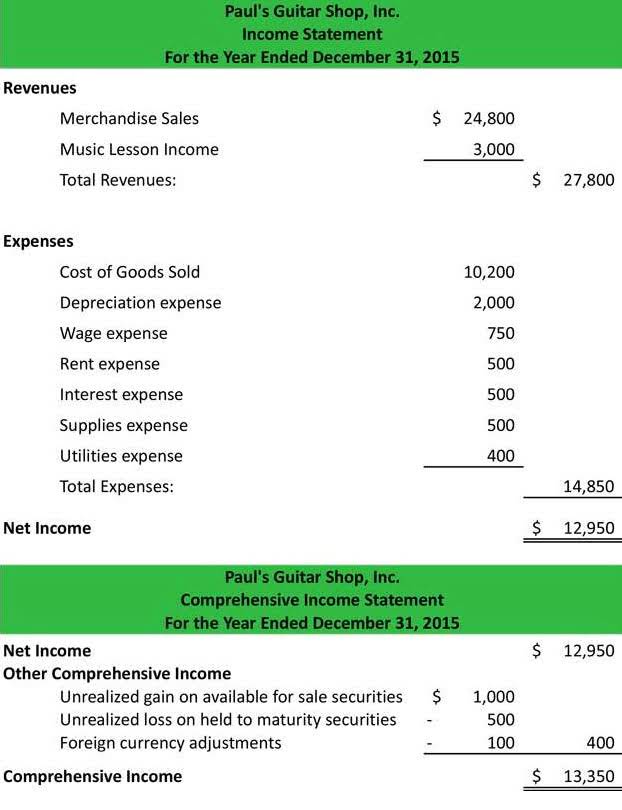
For instance, the preparation of tax forms and comprehensive monthly statements may require the skills of an accountant in addition to the knowledge and skills of the bookkeeper. That is almost certainly true if the company does business internationally. A Full-Charge Bookkeeper is key for keeping a company’s finances in check, no matter the size. They use deep accounting knowledge to do more than just basic bookkeeping. They help with making strategic decisions and growing the business by providing detailed financial info.
- By delegating these tasks to a professional, you can ensure that your financial records are accurate and up to date while focusing on the areas of your business where you can make the most impact.
- Also, unlike accountants, full charge bookkeepers generally do not provide tax planning advice or act as financial advisors.
- Financial statements provide a comprehensive overview of a company’s financial performance and position.
- You should consult your own legal, tax or accounting advisors before engaging in any transaction.
- This means that the full charge bookkeeper reports straight to a senior manager, such as the president, and may interact directly with the company’s board of directors and auditors.
Job Profile: Full Charge Bookkeeper
Hiring a skilled Full-Charge Bookkeeper means you have a pro managing your finances, leading your business to success. It also frees up your time and resources, letting you focus on other important business areas. Plus, you get access to the latest technology and knowledge on compliance and regulations. Because of their big job, full-charge bookkeepers need to know a lot about accounting software and principles. Also, unlike accountants, full charge bookkeepers generally do not provide tax planning advice or act as financial advisors.
What’s the difference between full charge bookkeepers and accountants?

Certified Public Accountants (CPAs) also have additional training and have passed a licensing exam. Employers are increasingly requesting that applicants for positions with responsibility should have at least some college. A full charge bookkeeper who wants to work for real estate cash flow a small to medium-sized business does not need to be a certified accountant.
- They also assist management in making decisions by interpreting the balance sheet and profit and loss statements.
- With their expertise, they can streamline your financial processes, identify cost-saving opportunities, and help you make informed decisions to improve your bottom line.
- Essentially, a full charge bookkeeper is a jack-of-all-trades in the bookkeeping world.
- Because of this, employers often prefer candidates who have attained a higher degree in a relevant or related field.
- Full charge bookkeepers are often employed by small to medium-sized businesses or may work as independent contractors.
Benefits of Hiring a Full Charge Bookkeeper

Proficiency is fundamental for full charge bookkeepers who manage all the accounting work done in a company. This knowledge affects the consistency and accuracy of financial statements and other full charge bookkeeper meaning reports. Knowing the regulation standards means full charge bookkeepers can help the business stay in compliance.


They also assist management in making decisions by interpreting the balance sheet and profit and loss statements. Full charge bookkeepers require less supervision and can generally be QuickBooks expected to handle the majority, if not all the bookkeeping and accounting needs of a small to medium-sized business. Since they have more experience, they cost more than a regular bookkeeper, which few small businesses can afford right at the beginning.
- Full charge bookkeepers play a vital role in ensuring that organizations maintain compliance with relevant laws and regulations.
- The title ‘full charge’ accurately describes the breadth and depth of their responsibility – they are ‘fully in charge’ of an organization’s bookkeeping needs.
- By possessing the necessary skills and qualifications, full charge bookkeepers contribute to the financial success and stability of businesses.
- Their expertise and skills make them highly valuable to businesses, which often results in better compensation packages.